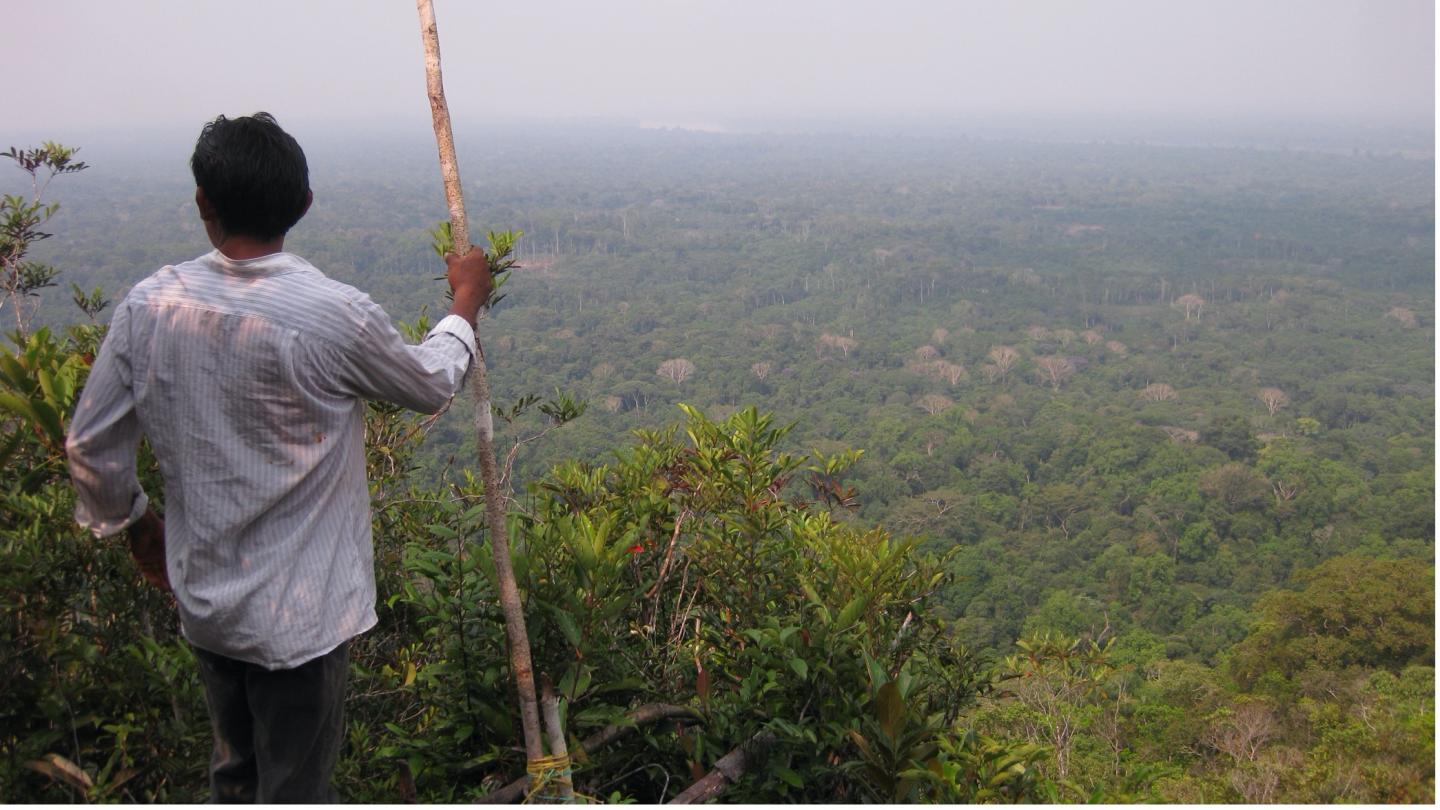Over 1,500 endangered languages may cease to exist by end of this century, study warns
Without intervention, language loss could triple within 40 years, researchers say

More than 1,500 of the world’s endangered languages could be lost by the end of this century, according to a new study that has called for urgent investment in community-level documentation and bilingual education programmes to address the growing threat.
The study, published in the journal Nature Ecology and Evolution on Friday, found that a range of factors put endangered languages at high risk, including greater road density, which may encourage population movement.
While estimates say there are about 6,500 to 7,000 diverse languages currently spoken across the world, more than half of them are under great threat, according to the researchers from Australian National University (ANU).
“Of the approximately 7,000 languages still spoken, nearly half are at risk of disappearing completely,” study co-author Felicity Meakins said in a statement. “Without intervention, language loss could triple within 40 years, equivalent to a language lost per month for the rest of this century.”
Scientists analysed 51 variables associated with 6,511 spoken languages such as documentation, legal recognition, education policy, socioeconomic indicators, and environmental features.
“When a language is lost, or is ‘sleeping’ as we say for languages that are no longer spoken, we lose so much of our human cultural diversity. Every language is brilliant in its own way,” Professor Lindell Bromham from ANU said.
“Many of the languages predicted to be lost this century still have fluent speakers, so there is still the chance to invest in supporting communities to revitalise indigenous languages and keep them strong for future generations,” Dr Bromham added.
In many places, including Australia, the researchers said that indigenous languages were silenced as the result of brutal colonial policies.
Such policies punished Indigenous people for speaking their language or placed their children into dormitories. “These experiences were traumatic and have had lasting consequences for the ability to pass on language,” Dr Meakins added.
Although each of these endangered languages is subject to varying social, demographic, and political pressures, the study found that there are also common threatening processes.
Counter to common perception, the researchers said that contact with other languages was not a driver of language loss but added that there could be a link between road density to a region and language loss.
“Surprisingly, we also found that the more roads there are, connecting country to city, and villages to towns, the higher the risk of languages being endangered,” Dr Bromham said. “It’s as if roads are helping dominant languages ‘steam roll’ smaller languages.”
The researchers called for the urgent need to build curricula that supported bilingual education, fostering both Indigenous language proficiency as well as use of regionally dominant languages.
They also highlighted important lessons to preserve many of the endangered languages spoken by Australia’s First Nations peoples.
“Australia has the dubious distinction of having one of the highest rates of language loss worldwide,” Dr Meakins said. “Prior to colonisation, more than 250 First Nations languages were spoken, but now 40 languages are still spoken and just 12 are being learnt by children.”
As the world enters the Unesco Decade of Indigenous Languages in 2022, the scientists said the new findings are a vital reminder that more action is urgently needed to preserve at-risk languages.
Subscribe to Independent Premium to bookmark this article
Want to bookmark your favourite articles and stories to read or reference later? Start your Independent Premium subscription today.

Join our commenting forum
Join thought-provoking conversations, follow other Independent readers and see their replies